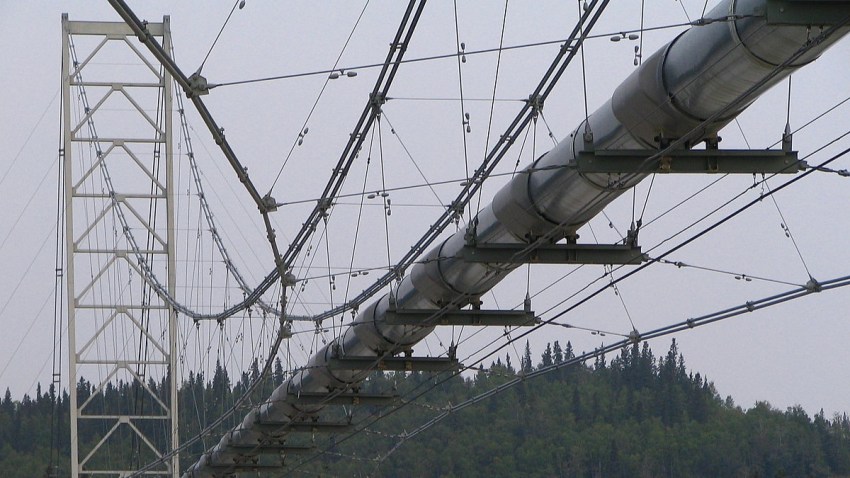The controversial first shipment of oil from the Kurdish region of Iraq
was exported through Turkey last month; meanwhile, Turkey
is trying to expand its energy cooperation with Central Asian states. In an email interview,
Gareth Winrow, an independent Turkey analyst, discussed Turkey’s energy priorities and key energy partners.
WPR: What are Turkey’s main energy-related goals and through what strategies has it pursued them?
Gareth Winrow: Turkey’s priority is to satisfy the energy demand of a growing economy. With little gas or oil, Turkey imports 75 percent of the supplies to satisfy its energy needs. Turkish officials are encouraging the development of renewable forms of energy, are investing more in local coal production and are planning to commission the first of three planned nuclear power stations by 2020. They are also hoping to discover hydrocarbons in the Black Sea and extract shale gas from onshore fields, if doing so is commercially viable.
At the same time, Turkey is aiming to become a key transit state for the transportation of natural gas from the Caspian region and the Persian Gulf to Europe via the European Union-backed Southern Gas Corridor. Ankara is supporting the planned Trans-Anatolian Gas Pipeline project (TANAP), which would carry Azerbaijani gas to Turkey and Europe by 2019.
There are also plans for Turkey to become a trading hub for electricity and gas, allowing suppliers and consumers to trade in an open and regulated market. These plans will necessitate the further liberalization of the gas market in Turkey and the construction of more pipelines, terminals and storage units.
WPR: Who are Turkey’s key energy partners and what is the extent of their collaboration?
Winrow: Russia is a key energy partner, supplying Turkey with about 60 percent of its gas imports. Turkey also imports oil and hard coal from Russia, and a Russian company will build Turkey’s first nuclear power plant. Azerbaijan is another major supplier of gas to Turkey, and volumes will increase after TANAP is completed. The State Oil Company of Azerbaijan (SOCAR) intends to invest up to $20 billion in the Turkish economy by 2018. SOCAR operates the large petrochemical facility near the Turkish city of Izmir and is investing in the construction of a new, associated refinery. Finally, Iran is an important supplier of gas, oil and electricity, while in 2013 Iraq provided Turkey with one-third of its crude oil imports.
WPR: What are the obstacles, both domestically and in terms of interstate relationships, to Turkey’s further diversification of its energy sources?
Winrow: Given its majority in parliament, the government in Ankara faces little internal opposition to its energy plans. Limited protests by environmental groups over pollution caused by coal-fired power stations will not deter more investment in the coal industry. Attempts to diversify gas imports to reduce Turkey’s dependence on Russia will be more problematic. With its controlling stake in the TANAP project, Azerbaijan will ensure that its gas, rather than gas from Turkmenistan, is transported to Turkey and Europe. Because of tensions with Irbil, Baghdad will likely oppose the possible future export of gas from Iraqi Kurdistan to Turkey. Finally, though laying a pipeline from the eastern Mediterranean to Turkey to carry Israeli gas is commercially feasible, the project may not be realized because of continuing political problems between Turkey and Israel, as well as Cypriot opposition to the routing of the pipeline through its exclusive economic zone.

